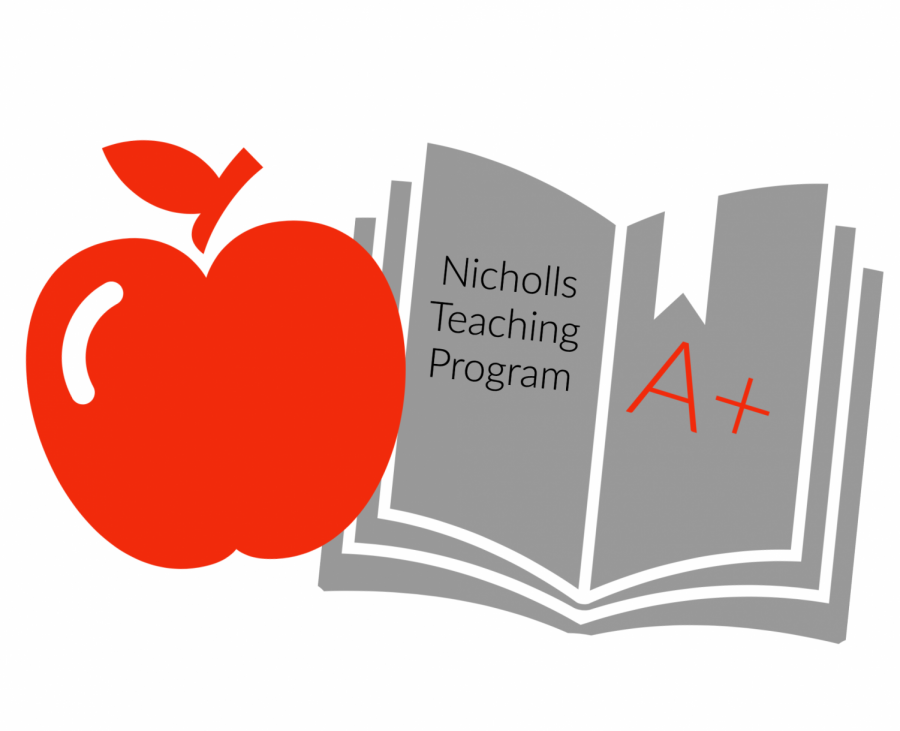Nicholls State University’s education department received an A+ rating
On Jan. 27, Nicholls State University’s education department received an A+ exemplary rating for its teacher prep program and its strategy to prepare their future students on reading.
According to Dr. Rademaker, the dean of Nicholls’ College of Education and Behavioral Sciences, the rating was gifted by the National Council on Teacher Quality, a non-profit organization in Washington, DC.
Unlike other evaluating bodies in the nation, the Council on Teacher Quality searched the nation’s colleges for a program that met their expectations. On normal occasions, the college would send in certain entities and statistics from their college for evaluation, sending it out to the various organizations around to receive their comments and rating.
The Teacher Prep Program helps prepare students in attendance to become teachers, help them begin to prepare for the life of a teacher and even includes a hands-on approach at the several school districts surrounding the college.
These school districts include Lafourche, Terrebonne, Assumption, Ascension, St. Mary, St. James, St. Charles, Jefferson and Iberville Parishes.
The students go out and become student helpers and get real experience in a classroom, allowing for those students to see what it’s like running a classroom and dealing with the younger students that eventually will be under their care.
Alyson Theriot, head of the education department, has been highly praised for her help leading up to this esteemed ranking. Along with her, many other teachers in the department contributed, including Anthony Kunkle, Debra Fountain and Karen Chauvin, the director of the Dyslexia Center.
With the help of Chauvin, the Teacher Prep Program was able to get a bit more knowledge on how to be able to teach everyone, even those that need accommodations.
The program consists of teaching the students the five components of literacy. These five components include phonics, fluency, vocabulary, comprehension and spelling. The teachers-to-be will use these five components to help teach the younger generation how to read correctly and effectively.









